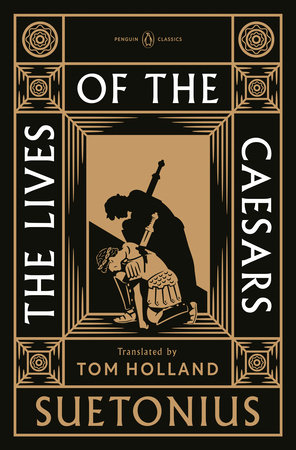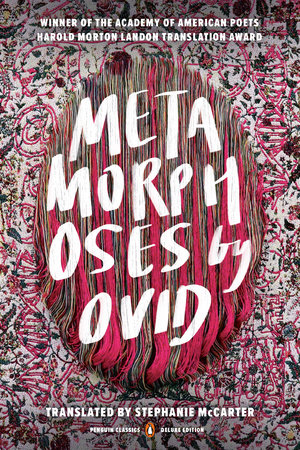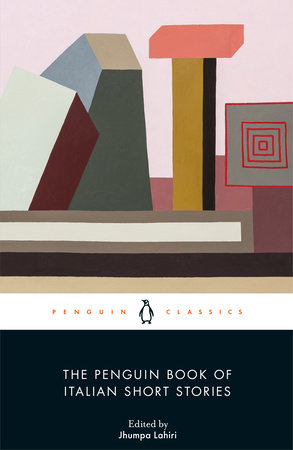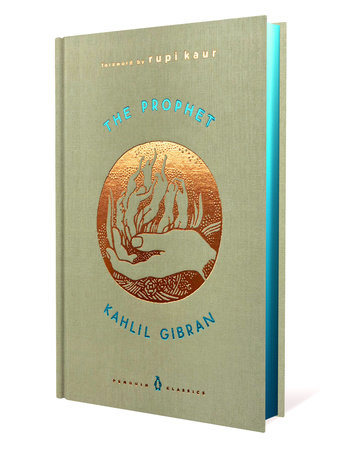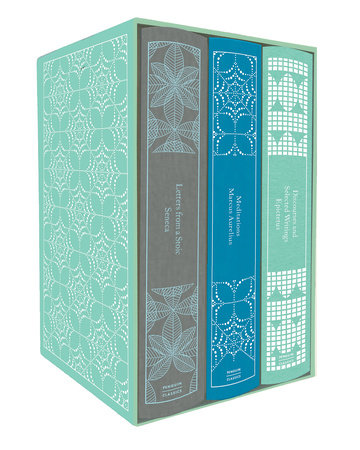
Major Works of the Stoics 3-Book Boxed Set
Meditations; Letters from a Stoic; Discourses and Selected Writings
Marcus Aurelius, Seneca, and Epictetus; Translated by Martin Hammond, Robin Campbell, and Robert Dobbin; Cover illustrated by Coralie Bickford-Smith
Boxed Set
January 6, 2026 | ISBN 9780241765791
AmazonBarnes & NobleBooks A MillionBookshop.orgHudson BooksellersPowell'sTargetWalmart
About the Book
This collection presents the greatest works by the three major Stoic philosophers, in beautiful Clothbound Classic mini hardcover editions designed by Coralie Bickford-Smith. Meditations, written by the Roman emperor Marcus Aurelius to provide personal consolation, is one of the most influential works of philosophy of all time. Seneca's Letters to a Stoic upholds the ideals of Stoicism — the wisdom of the self-possessed person immune to life's setbacks — while valuing friendship and courage. And in his Discourses, Epictetus argues that happiness lies in learning to perceive exactly what is in our power to change and what is not. Together, these works offer a gift-worthy introduction to Stoicism.





